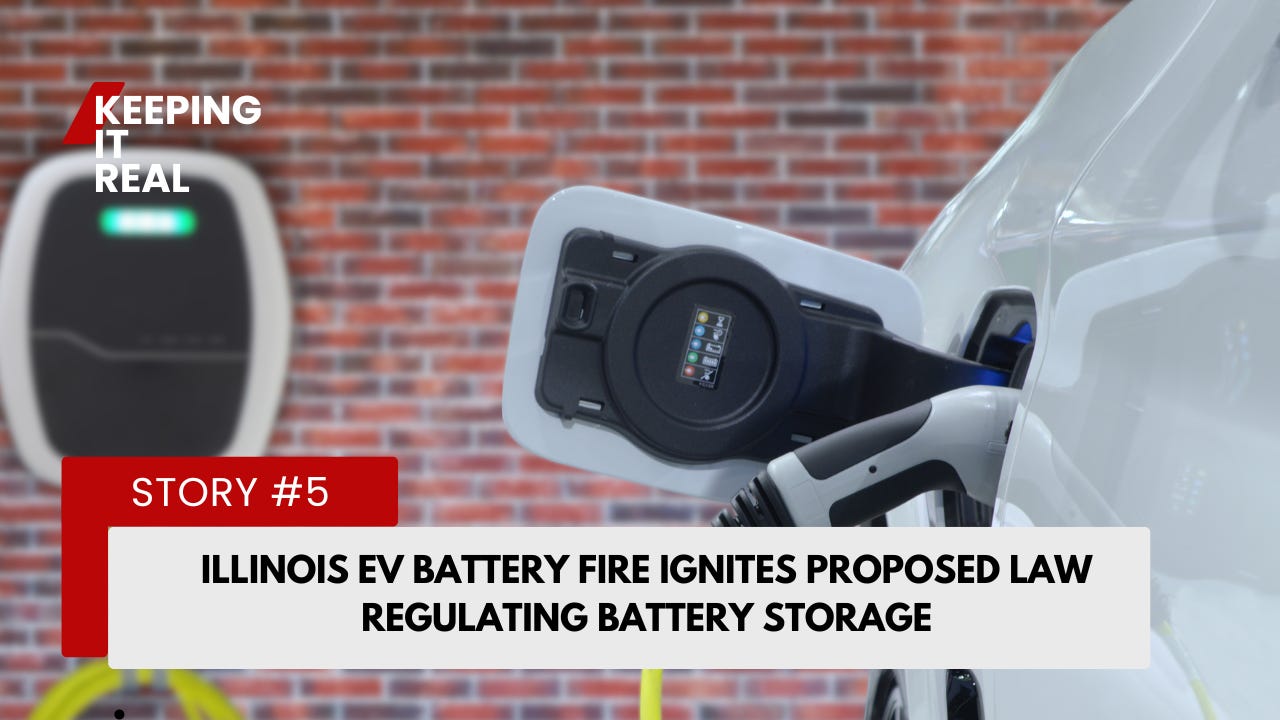

ITALY - In order to protect farming, the right-wing government in Italy has now banned the installation of ground mounted solar panels in agricultural areas.
Prime Minister Georgia Meloni has said that the rollout of solar panels on farmland is a ”threat to our food sovereignty”.
Climate fanatics are not happy with this move, as they complaining that this will undermine the green goals and that Italy won’t be able to fulfill its green goals by 2030.
However, they will still allow agri-voltaic solar panels that are placed 2.1 metres above fields in a way that will allow crops to grow underneath the panels.
Georgia Meloni says that this new decree corrects ”the ideological eco-follies of which Italy and its farmers have been victims”.
This is good news, as otherwise special Italian products that is loved all around the world might have been under threat. Click here to read more.

WASHINGTON D.C. - The Biden administration is reiterating its support for child sex change surgeries after a spokesperson told media earlier this month that “these surgeries should be limited to adults.”
“The Biden administration is reaffirming its support for overturning bans on gender-affirming surgeries for transgender minors after backlash over a recent White House statement opposing such surgeries,” the Guardian, Britain’s main left-wing news outlet reported Wednesday.
In early July, a spokesperson for the White House allegedly told The 19th News via email: These are deeply personal decisions and we believe these surgeries should be limited to adults. We continue to support gender-affirming care for minors, which represents a continuum of care, and respect the role of parents, families, and doctors in these decisions. Click here to read more.
PROMOTION:
Click here to get your Rapid Radios. Use PROMO CODE “BONDY10” to get 10% off.

PRINCETON, Texas - A case of bedbugs may have led police to a human trafficking ring in Texas. Officers began investigating after exterminators reported seeing unusual living conditions for more than a dozen women.
On a quiet street of newly constructed homes in Princeton, it seems no one noticed anything odd about the two-story brick house on Ginsburg Lane – until the bedbugs arrived.
A pest control company says it got a call to treat the house. The technician who responded says he found three to five women sleeping on the floor of each bedroom, a large number of suitcases and no furniture other than folding tables and an air mattress.
Responding to a tip from the company, police went to check out the suspicious activity and found 15 women, all between the ages of 23 and 26, living inside the home. Click here to read more.

LANSING, Mich - A new analysis is putting life in Gov. Gretchen Whitmer’s Michigan into perspective, and it isn’t a pretty picture.
The personal finance website WalletHub on Tuesday released a ranking of “States with the Most People in Financial Distress” to highlight where folks are struggling the most, using data like average credit score, change in the number of bankruptcy filings over the last year, and share of residents with accounts in distress.
“Measuring the share of residents in financial distress is a good way to take the pulse of a state and see whether people are generally thriving or having trouble making ends meet,” said WalletHub analyst Cassandra Happe. “When you combine data about people delaying payments with other metrics like bankruptcy filings and credit score changes, it paints a good picture of the overall economic trends of a state.”
The picture in the Great Lakes State is not so great. Click here to read more.

CHICAGO, ILL - An amended Senate bill awaiting action from Illinois Gov. J.B. Pritzker about battery storage has some worried it could burden small businesses around the state.
The crux of Senate Bill 3481 that awaits the governor's signature requires companies that store certain battery types to register with the Environmental Protection Agency prior to February 2026 and maintain records related to the weight or volume of batteries stored.
State Sen. Terri Bryant, R-Murphysboro, said the amended bill requires that battery storage companies have to register as an auto-salvage company in order to store used batteries, like electric vehicle batteries. Click here to read more.



















